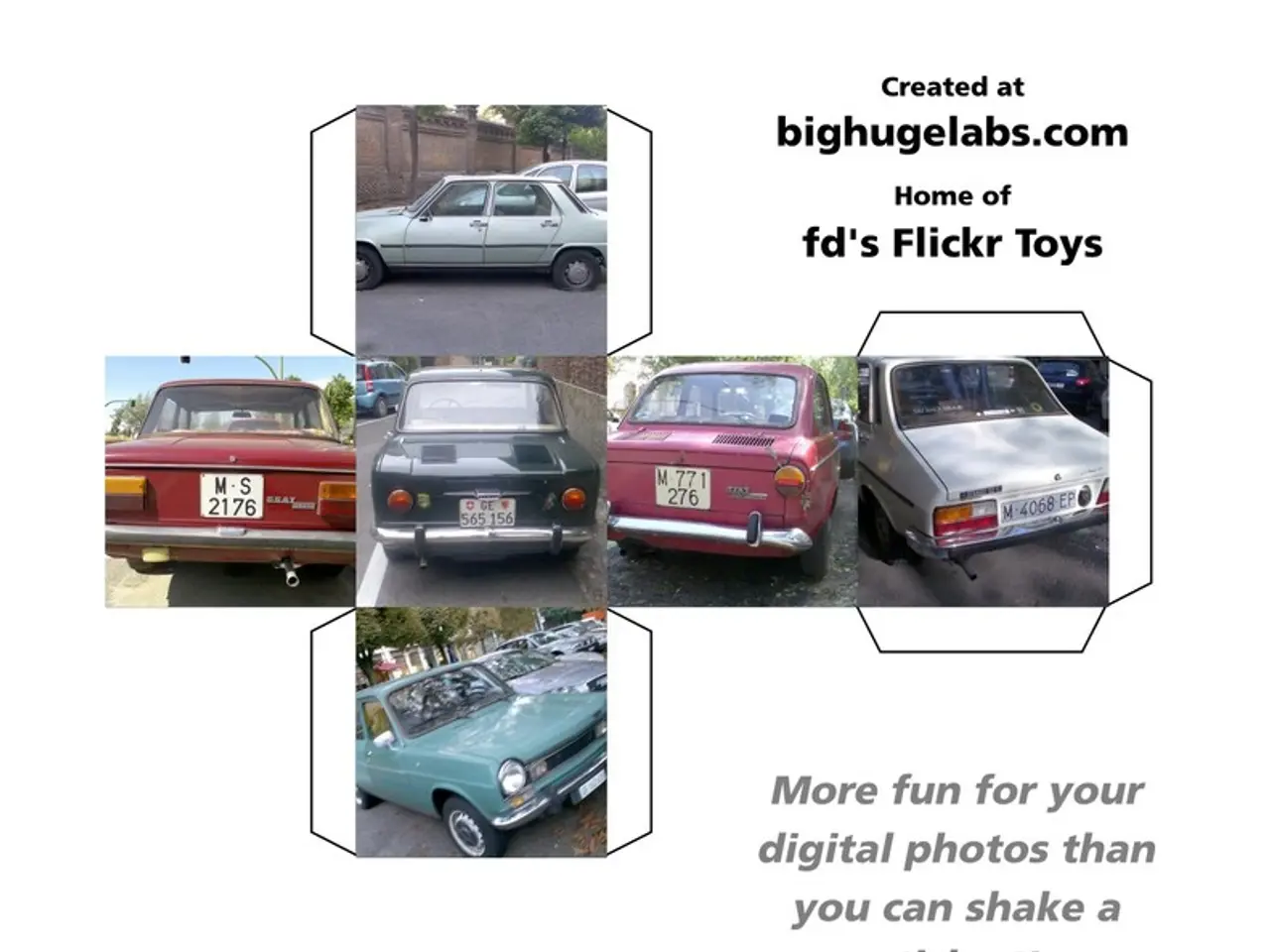AOL Bids Farewell to Dial-Up Era as OpenAI Challenges Neuralink
AOL is bidding farewell to its dial-up modem service, marking the end of an era that connected millions to the internet. Meanwhile, AI giant OpenAI, led by Sam Altman, is gearing up to challenge Elon Musk's Neuralink with a new venture focused on brain-computer interfaces. In other news, researchers have uncovered the fragility of large language models' 'simulated reasoning', and a potential cancer vaccine shows promise in early trials.
After decades of service, AOL's dial-up modem will cease operation on September 30, 2025. This move signifies the end of a technology that once dominated internet access, particularly in the 1990s and early 2000s. Users are expected to transition to modern broadband connections.
In the AI realm, OpenAI and Sam Altman are set to back a new company aiming to compete with Neuralink. While details are scarce, this move suggests a significant investment in brain-computer interface technology.
A study published recently reveals that the 'simulated reasoning' abilities of large language models (LLMs) are not as robust as initially thought. These models can falter under moderate changes in data distribution, challenging their reliability.
In medical news, an 'off-the-shelf' cancer vaccine is demonstrating encouraging results in phase I trials. This experimental vaccine has shown potential in prolonging lives, offering hope for a more accessible and effective cancer treatment.
Ford is investing $2 billion to upgrade its Louisville assembly plant. The aim is to create a faster and more efficient production line for electric vehicles (EVs), reflecting the company's commitment to electric vehicle manufacturing.
The shutdown of AOL's dial-up service signals the end of an internet era, while OpenAI's new venture hints at exciting developments in brain-computer interface technology. Meanwhile, advancements in cancer vaccines and electric vehicle production offer promising prospects for the future.




